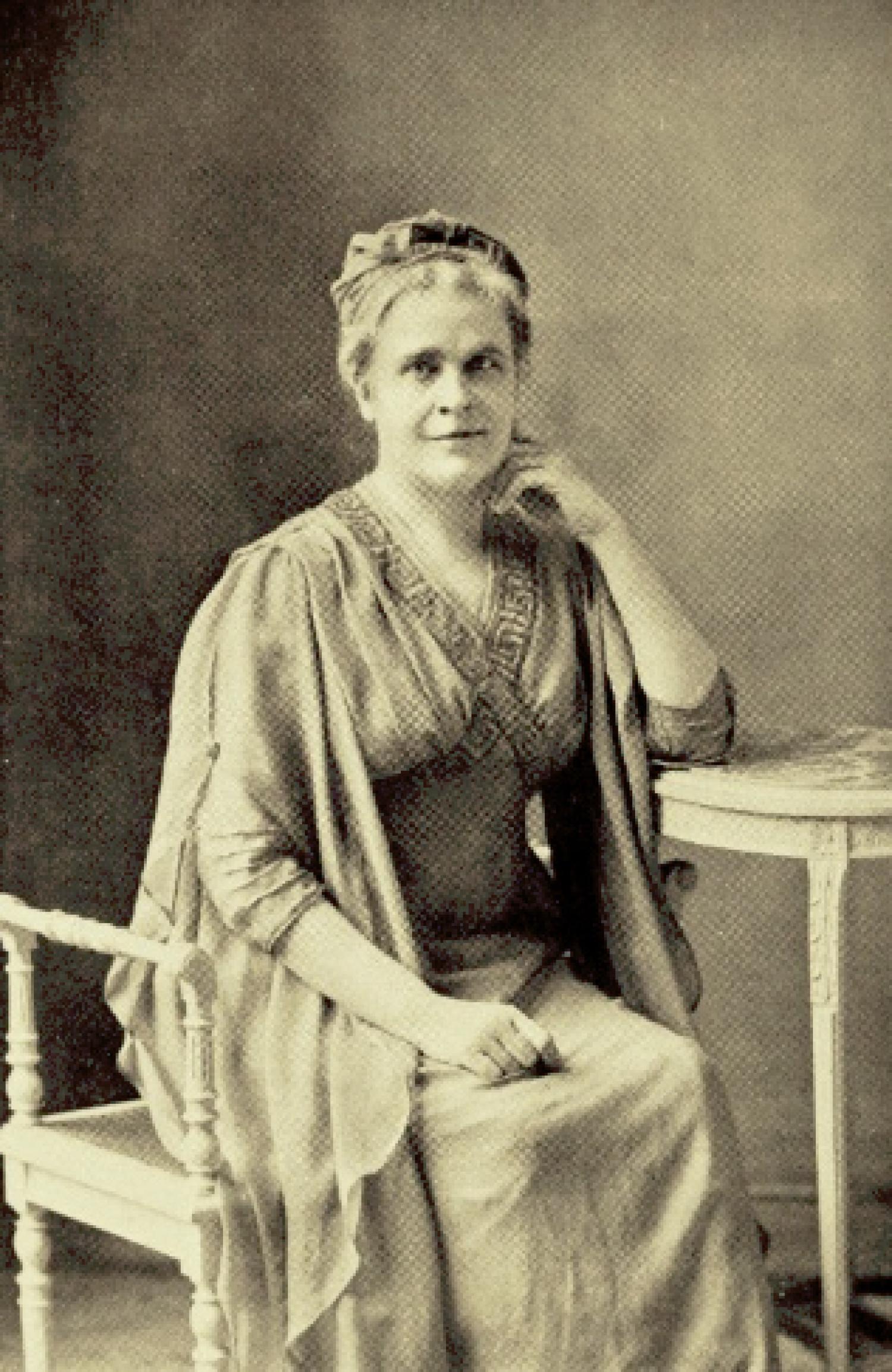Women’s history snapshot: Anna Louise Wolcott Vaile argued that social ills harming women could only be rectified with political power, which relied on women’s suffrage
Colorado recognized women’s right to vote in 1893, but state voters did not elect a woman to the University of Colorado’s governing board until 1910. That pioneer was Anna Louise Wolcott Vaile.
Born in Providence, Rhode Island, she was one of 11 children and earned her education in Wellesley College, a private women's liberal art college in Massachusetts.
Vaile dedicated much of her life to education. She was principal of Wolfe Hall, a women’s seminary school, in Denver from 1892 to 1898. She was also founder and principal of the Wolcott School for Girls, where she served from 1898 to 1913.

At the top of the page: The American Issue, a newspaper owned by the National Anti-Saloon League, reporting that the 18th Amendment of the U.S. Constitution had been ratified, making the manufacture, sale and transportation of intoxicating liquor illegal. Above: Anna Louise Wolcott Vaile became the first female regent for the University of Colorado.
Vaile campaigned for women’s suffrage and remained politically active after suffrage was achieved. Like many crusaders for suffrage, she favored prohibition. The motivation was clear. Alcoholism was rampant through the 19th and early 20th centuries. At its zenith, in 1830, American consumption was the equivalent of 90 bottles of vodka a year, National Geographic reports.
Women suffered as a result, historians note. Men routinely spent money on alcohol rather than food for their families, and rates of domestic violence soared.
Women knew they needed food for their families and safety in their homes, but they could accomplish only so much social change as long as they were barred from voting; Vaile and others made this point explicitly. But even after women gained the vote, Colorado would not ban the sale of alcohol until 1916, four years before the United States followed suit.
Prohibition begat unintended consequences. A vibrant black market run by criminal syndicates sprang up, increasing violence and tax evasion. Prohibition also led to an unanticipated new development: women choosing to become bootleggers and then getting prosecuted for the crime.
As historians have observed, saloons in the pre-Prohibition era were closed to women, unless those women were entertainers and prostitutes. But once producing and selling alcohol became a crime, there was no social convention to keep women from seizing a new way to earn a living. Bootlegging was not only a criminal enterprise but an equal-opportunity one.
As the Longmont Ledger, a then-newspaper, reported in 1923, Vaile remained committed to using political power to vanquish alcohol abuse.
“Needless to say, one of the matters closest to my heart is the prohibition question,” the newspaper recorded Vaile as saying. “Although it is my earnest belief that the solution to this problem lies in the home, it is an undisputed fact that the only effective method in which the drink evil can be ended is by having a living, powerful, active organization to combat it.”
“No matter how high the ideals of the American woman, she is powerless to act effectively without the cooperation of a political organization able to foster the legislation she favors. It is my belief that the women of the state can best bring about the complete end of the drink evil by working through the Republican Party, which first put Colorado in the prohibition problem.”
“It is my hope that Republican women of the state will be ready to present their views, of this and other questions, through me to the national committee, and I am already receiving suggestions which I hope to present at the next meeting of the national body.”
It was another decade before the nation adopted the 21st Amendment, in 1933, repealing Prohibition.
Vaile did not live to see Prohibition repealed. She died in 1928 and is buried in the Fairmont Cemetery in Denver.
Sources: Glory Colorado, A History of the University of Colorado, 1858-1963; National Geographic; Colorado Encyclopedia; History of Colorado, edited by Wilbur Fisk Stone.



